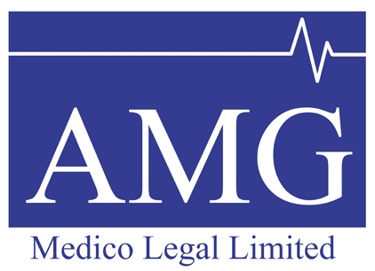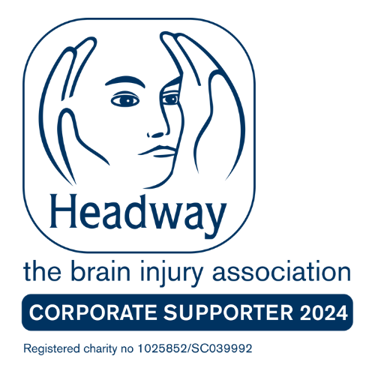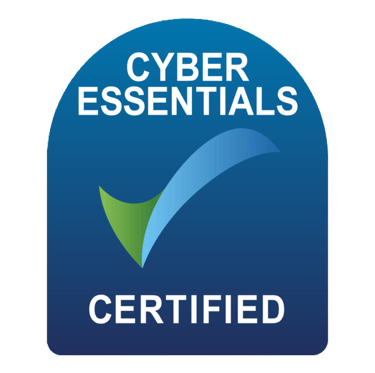Why CPR Part 35, Practice Direction Part 35 and the Expert Witness Guidance Matters in Medico Legal Reporting.
In the realm of medico legal reporting, having expertise is insufficient on its own. Although clinical knowledge and experience are crucial, expert witnesses must also exhibit a comprehensive understanding of the legal frameworks that dictate how their evidence is prepared, presented, and utilised to the court.


In the world of medico legal reporting, expertise alone is not enough. While clinical knowledge and experience are essential, expert witnesses must also demonstrate a clear understanding of the legal frameworks that govern how their evidence is prepared, presented, and relied upon in court.
At the heart of this is CPR Part 35 of the Civil Procedure Rules, supported by Practice Directions and the Guidance on the Instruction of Experts in Civil Claims. These frameworks exist to safeguard the fairness of proceedings and ensure that expert evidence is reliable, impartial, and admissible.
What is CPR Part 35?
Civil Procedure Rules (CPR) Part 35 sets out how expert evidence should be used in civil claims. It establishes the fundamental principle that an expert witness’s duty is to the court, not the party instructing them.
Understanding the Key Frameworks
Several overlapping sets of rules and guidance shape the responsibilities of medico legal experts:
Civil Procedure Rules (CPR) Part 35 – Governs the use of expert evidence in civil proceedings, ensuring that expert witnesses remain independent and impartial.
Practice Directions – Supplement the above rules with detailed instructions, ensuring consistency in expert reporting.
Guidance for the Instruction of Experts in Civil Claims – A practical reference that explains how solicitors and experts should work together to meet legal and procedural obligations.
Key requirements include:
Independence and impartiality – Experts must provide objective, unbiased opinions.
Transparency – Reports must clearly explain the facts, assumptions, and methodology relied upon.
Scope of expertise – Experts should only comment within their area of recognised expertise.
Statement of Truth – Every report must confirm the expert’s understanding of their duty to the court.
The Role of Practice Directions and Guidance
While CPR Part 35 provides the framework, Practice Directions and the Guidance on the Instruction of Experts in Civil Claims offer practical detail on compliance.
These cover areas such as:
How experts should be instructed.
The format and content of reports.
The need for joint statements where more than one expert is instructed.
How experts should handle questions and requests for clarification from instructing solicitors.
This guidance ensures consistency, improves the clarity of reports, and strengthens the relationship between legal teams and expert witnesses.
Why Compliance Matters
Admissibility of Evidence
Non-compliant reports risk being rejected by the court. A flawed report may delay proceedings, increase costs, or even damage the case.Professional Credibility
For experts, credibility is everything. Demonstrating compliance with CPR Part 35 reassures both courts and instructing solicitors that reports can withstand scrutiny.Fairness in Proceedings
Compliance ensures that expert evidence remains impartial, supporting fair decision-making and protecting the integrity of the justice system.Efficiency and Cost-Effectiveness
A compliant report minimises the risk of amendments, re-submissions, or additional instructions, saving time and money for all parties.
Best Practice for Medico Legal Experts
To ensure compliance, expert witnesses should:
Keep up to date with changes to CPR Part 35, Practice Directions, and Guidance.
Use templates aligned with the required format.
Be transparent about the basis of their opinions, including any limitations.
Engage in regular training to strengthen both legal and clinical knowledge.
Undertake internal or peer reviews to ensure reports meet procedural and professional standards.
Compliance with CPR Part 35, supporting Practice Directions, and Guidance on the Instruction of Experts in Civil Claims is fundamental to effective medico legal reporting. It ensures reports are not only clinically accurate but also legally robust, impartial, and admissible in court.
At AMG Medico Legal, we place compliance at the core of our work. Through structured training, quality assurance, and ongoing support, we help our experts deliver reports that meet the highest professional standards – strengthening cases, safeguarding reputations, and upholding justice.




